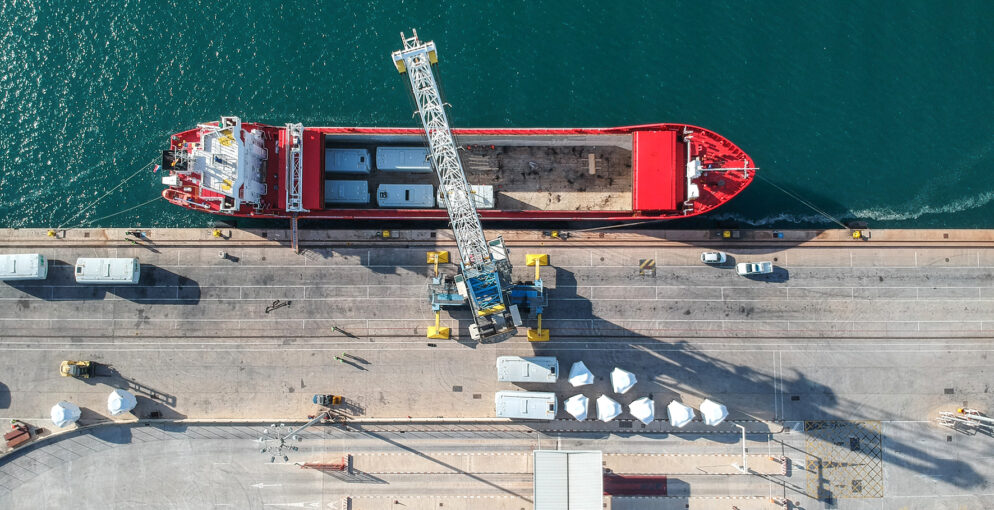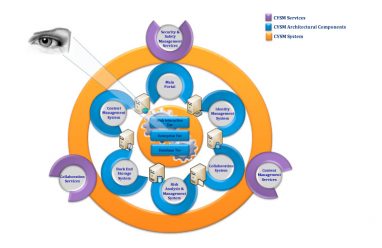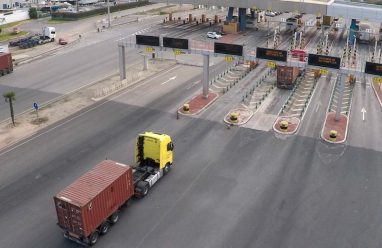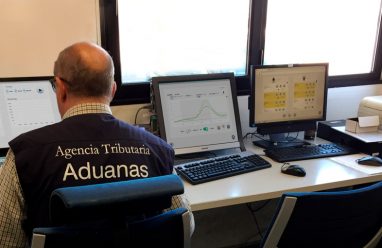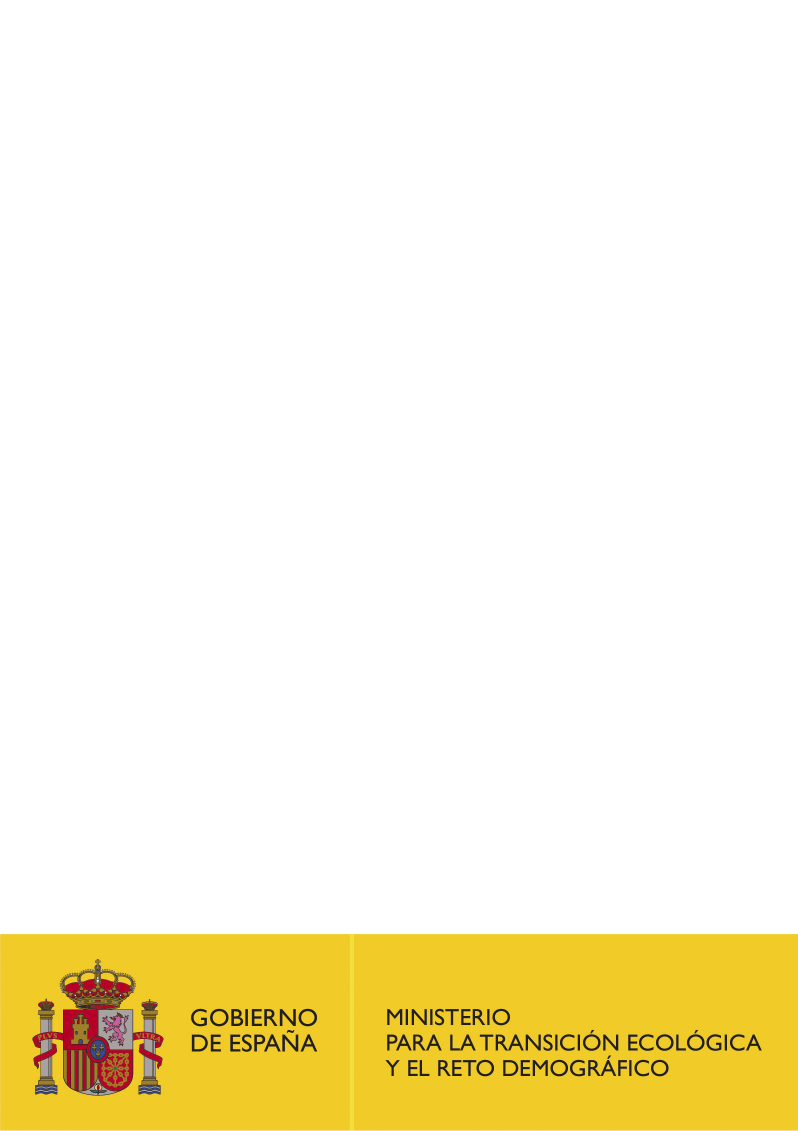The main goal of EU-CIP is to establish a novel pan European knowledge network for Resilient Infrastructures, which will enable policy makers to shape and produce data-driven evidence-based policies, while boosting the innovation capacity of Critical Infrastructures (CI) operators, authorities, and innovators (including SMEs).
In this direction, the partners have already established the European Cluster for Securing Critical infrastructures (ECSCI), which brings together 22 projects that collaborate in CI Resilience. EU-CIP will leverage the capacity, organization, community, and achievements of the ECSCI cluster towards establishing an EU-wide knowledge network with advanced analytical and innovation support capabilities.
The project’s analytics capabilities will fulfil the reporting requirements listed in the call in terms of the number and the (semestrial) frequency of the reports. To facilitate information collection and analysis, the project will establish a FAIR data observatory of research projects, research outcomes, technologies, standards, and policies. Along with analytical capabilities for evidence based policies, the project will organize and offer a rich set of innovation support services to EU projects and other innovators in CI security and resilience. These services will include training, support in business planning and access to finance, as well as support in the validation, standardization, and certification of novel solutions.
The projects outcomes will be integrated and made available through a Knowledge Hub, which will provide a singly entry point to the EU-CIP results. EU-CIP will build a vibrant ecosystem of over 1000 stakeholders around this knowledge-hub. To animate and grow the project’s community, EU-CIP will execute an ambitious set of dissemination activities, including the establishment and organization of an annual conference on Critical Infrastructures Resilience, which will become a flagship event for critical infrastructures.
Specifically, Fundación Valenciaport will participate in the exchange of lessons learned and experiences from European maritime security projects, contributing different points of view on security in a proactive manner. In addition, it will collaborate in the definition of solutions and policies in the protection of CIs; it will participate in the Steering Committee together with different sectors (transport, energy, telecommunications, etc.) and will promote communication, dissemination and awareness of the project’s actions.

